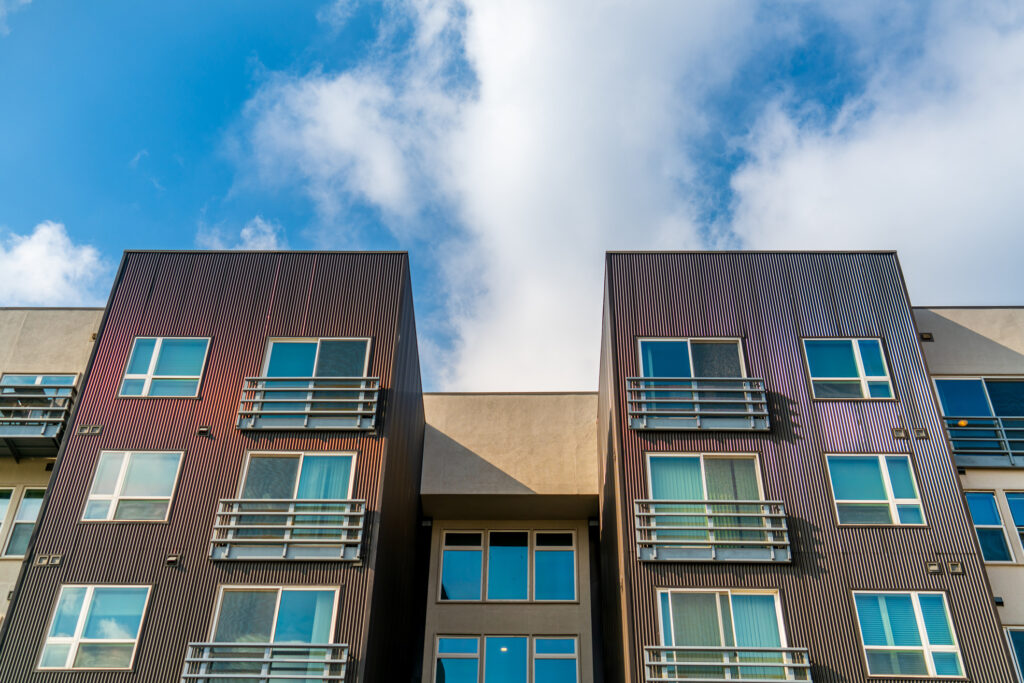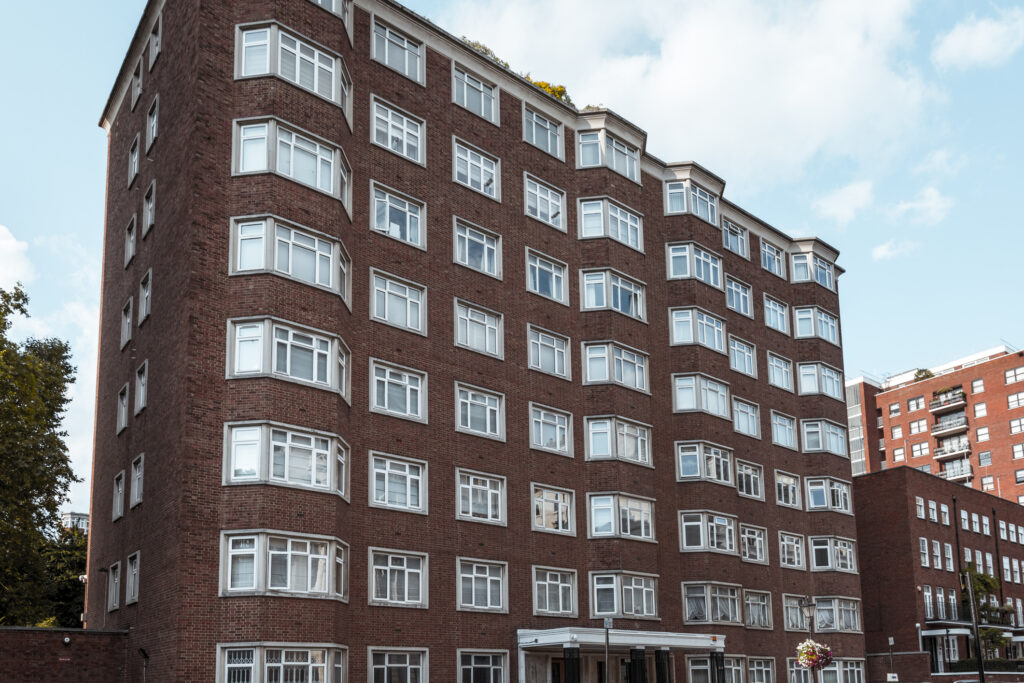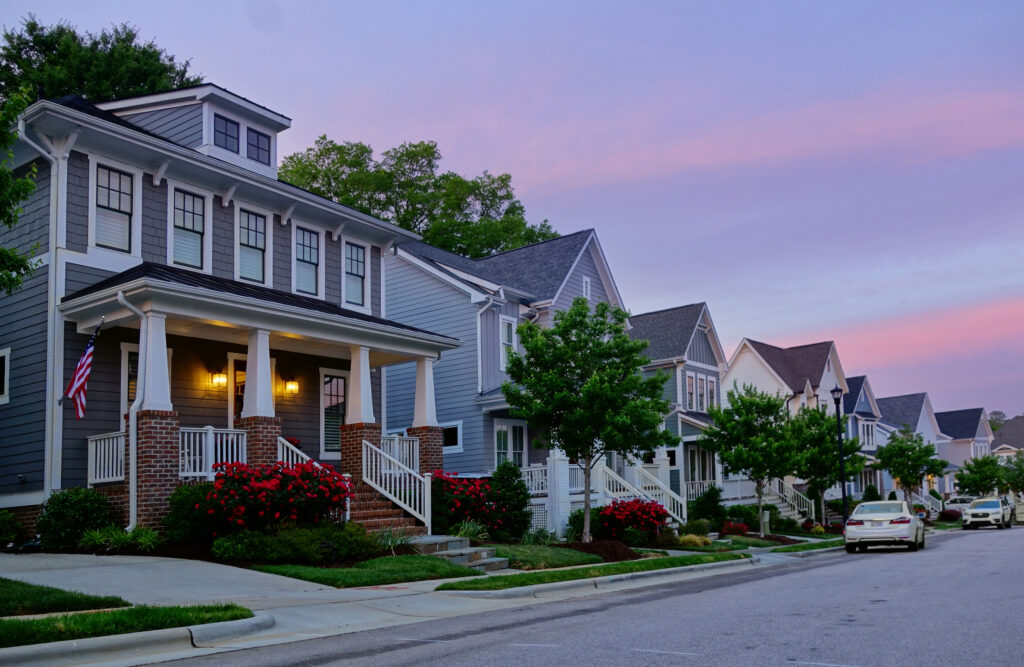
Disaster Recovery Centers For Resilient Communities In Austin
In the past decade, the City of Austin, TX has experienced climate change in the form of record-breaking heat, droughts, historic floods, severe winter storms, and devastating wildfires that have taken lives, displaced community members, and stressed infrastructure. In 2021, Austin’s City Council passed a Resolution to begin building a... Read more

Building Resilience Across City Operations
In 2020, the City of Nashville and Davidson County (Metro) endured multiple disasters, including an EF3 tornado in early March, a derecho in May, and the Christmas Day bombing. All of this occurred during the COVID-19 pandemic, which had immediate negative effects on the Metro’s economy and public health. For... Read more

Supporting an Inclusive Built-Environment by Removing Barriers to Services
San José is the tenth most populous city in the United States and the economic, cultural, and political center of Silicon Valley. While the region has experienced incredible economic growth, a lack of affordable housing threatens the long-term success of its residents, particularly San Jose’s Hispanic and low-income residents who... Read more

Energy, Equity, & Climate Agenda
In 2021, U.S. cities experienced twenty natural disasters that caused more than $1 billion in damage each. Man-made disasters (e.g., terrorism, power outages, cyber-attacks) also inflict severe damage. The City of Atlanta is working to mitigate climate change and build residents’ resilience through a variety of pathways, with an emphasis... Read more

Addressing Residential Displacement Through Tenant Engagement
Between 2010 and 2016, over 500,000 Bay Area residents were at high risk for displacement. These displacements are disproportionately occurring in Latino, Asian, and Black neighborhoods that also experience more overcrowding and poverty than citywide averages. While displacement is a complex market-created phenomenon, San José is taking a leading role... Read more

Economic Sustainability Through Affordable Housing
Across America, the growing housing crisis is causing negative consequences for citizens, especially for low-middle income (LMI) families, resulting in a ripple effect on the economy. Kansas’s major metropolitan centers, such as Kansas City, are feeling the effects of these shortages; the already low supply of available, affordable housing continues... Read more

Building a Collaborative Approach to Resentencing
The California Department of Corrections and Rehabilitation (CDCR) operates the second largest prison system in the United States. And men and women of color in California continue to be incarcerated at higher rates than white men and women. In recent years, Californians have expressed their desire to reduce reliance on... Read more

Sustainable Land Use In Cemeteries
Durham’s segregated past resulted in the creation of two public cemeteries: Maplewood (historically white with identified Confederate graves) and Beechwood (historically Black). Beechwood is running out of space; with limited availability for traditional burials. Given the history of segregation and the generations of families that are already buried in Beechwood,... Read more

Improving the Cleanliness, Health and Employment Outcomes for Underserved Neighborhoods
The City of Baltimore recognizes the unique opportunity to address longstanding health inequities in a way that simultaneously creates wealth-building opportunities for its residents. As part of Mayor Scott’s agenda and the City’s strategic investment of federal relief funds, Baltimore is launching innovative programs that create employment pathways while improving... Read more

Creating a Cohesive Service Delivery Model for the Justice Impacted Population
In Los Angeles County, on any given night, more than 14,000 people are confined in the County’s jail system – over 5,000 of which have serious mental health needs. These shocking numbers are reflective of the broader history of the intersections between race, health, and incarceration across not just the... Read more
